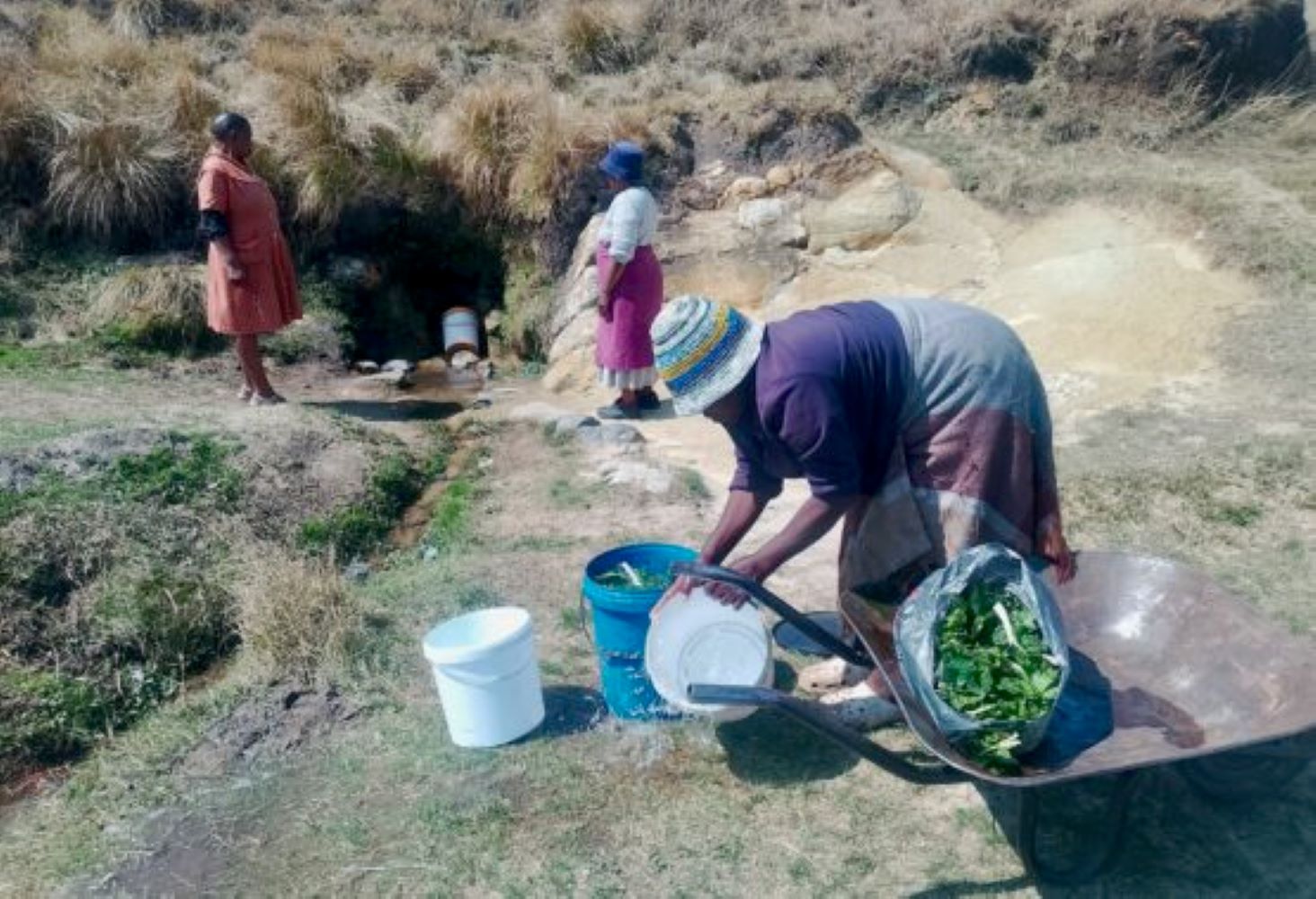Designed to support faster delivery of projects that will increase economic growth, expand access to basic services, and boost job creation.
Minister of Finance Enoch Godongwana on Wednesday announced bold and far-reaching infrastructure reforms as part of the government’s strategy to lift the economy onto a higher and more inclusive growth path.
He said infrastructure forms the cornerstone of the Medium-Term Budget Policy Statement (MTBPS).
The strategy is anchored on four pillars:
- Maintaining macroeconomic stability;
- Implementing structural reforms;
- Supporting growth-enhancing infrastructure; and
- Building state capability.
Godongwana said supporting growth-enhancing infrastructure is about effective infrastructure investment to boost economic activity and enable higher growth over the medium term.
He said the government is implementing reforms that will create conditions to attract greater private-sector participation.
Efficient infrastructure investment contributes to economic growth in two ways – in the short term, it boosts demand for workers and materials through construction activities, and over the long term, it increases the economy’s capacity to produce.
Public and private sector fixed investment levels are the foundation for inclusive and sustainable growth, “and yet they stand at about half of the target” of 30% of GDP set by the National Development Plan.
Godongwana said the reforms include:
- Mobilising significant private-sector financing and technical expertise to augment limited public-sector capacity and capability; and
- Amending public-private partnership (PPP) regulations to simplify the requirements for undertaking these projects.
This amended National Treasury regulation will be published before the end of November for implementation in 2025/26, while the Municipal PPP regulations will be finalised by June 2025.
Taking projects to market
Godongwana said the government is establishing dedicated capacity to plan, prepare and design programmes that will generate a credible pipeline of projects that can be taken to the market.
The Department of Water and Sanitation’s Water Partnerships Office has two priority programmes for non-revenue water and recycling wastewater that require private investment.
The Department of Transport, Transnet and the Passenger Rail Agency of South Africa (Prasa) are finalising a list of priority projects that will be issued to the market in 2025/26.
Godongwana said the resolution of the Gauteng Freeway Improvement Project (GFIP) has unlocked a project pipeline to the value of R85 billion for the non-toll network over the next three years.
ALSO READ: Steel Federation hopeful Operation Vulindlela will bring change
Centralised gateway, unified approach
He said the government is also improving the capital budgeting process, with the budget facility for infrastructure to be reconfigured into a centralised gateway for all large infrastructure projects that require fiscal support to advance.
“From 2025, the facility will have a continuous evaluation process instead of one window per annum. The National Treasury will in January 2025 publish a circular to guide the submission of proposals.”
The MTBPS said this unified approach will bring together the PPP office and Capital Projects Appraisal Unit in the Government Technical Advisory Centre and the capabilities of the Infrastructure Fund located in the Development Bank of Southern Africa.
It said the consolidation of project preparation and financial structuring functions will strengthen planning and preparation, helping large-scale projects and programmes to reach financial close faster.
In addition, National Treasury “will make greater use of financial instruments such as dedicated bilateral loans, concessional financing and infrastructure bonds to fund large infrastructure projects”.
“Engagements with the private sector, including by sourcing technical skills and facilitating contracting arrangements, will underpin delivery,” it said.
Godongwana said the government is also making a concerted effort to increase the pool of funders to diversify public infrastructure financing through new mechanisms and instruments.
These include build-operate-transfer (BOT) structures and other concessions.
“We are developing a blended finance risk-sharing platform that includes a credit guarantee vehicle that will help de-risk public-sector projects while reducing government’s contingent liabilities,” he said.
ALSO READ: MTBPS: Cold shower or good news for growth?
Fiscal support for evaluated projects
“Fiscal support is proposed for the projects evaluated in the 2024 BFI [Budget Facility for Infrastructure] window.”
Godongwana said this includes, but is not limited to:
- Two hospital projects, including a district hospital in Limpopo;
- Landside capacity expansions at the Cape Town Container Terminal;
- Capacity upgrades on the rail network from Waltloo to Gqeberha;
- Rehabilitation of water infrastructure in eThekwini; and
- Student housing accommodation at six higher education institutions.
A request for proposals will be issued this year for funders interested in supporting these projects, as well as projects for urban rail revitalisation, disaster relief, and metropolitan trading services.
Funding for these will be separated from broader sovereign borrowing and be accounted for separately, he said.
“Collectively, the infrastructure reforms will strengthen planning, appraisal, contracting, financing, and monitoring and evaluation.
“The outcome will be faster delivery of infrastructure that supports economic growth, the expansion of access to basic services and boosting job creation.”
ALSO READ: Government to amend public-private partnership regulations
Reaping Reipppp rewards
The MTBPS said with the successful experience of the Renewable Energy Independent Power Producer Procurement Programme (Reipppp), government and investors have gained a deep understanding of the risks involved in specific types of public-sector infrastructure investment.
It said the blended finance risk-sharing platform government is developing will build on the Reipppp experience.
The platform will include a credit guarantee vehicle to help derisk public sector projects for private sector developers and lenders, starting with the energy sector, while also reducing government’s contingent liabilities.
“The initial focus will be on independent transmission projects to bridge the energy transmission deficit, with options to include other sectors over the medium term,” said Godongwana
“The vehicle is expected to be operational by the end of 2025.”
This article was republished from Moneyweb. Read the original here.
